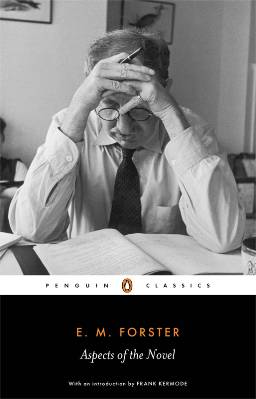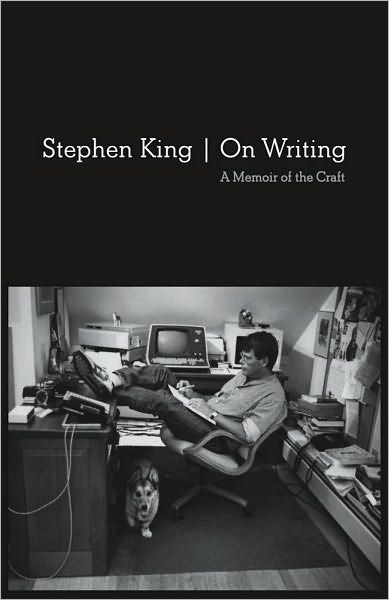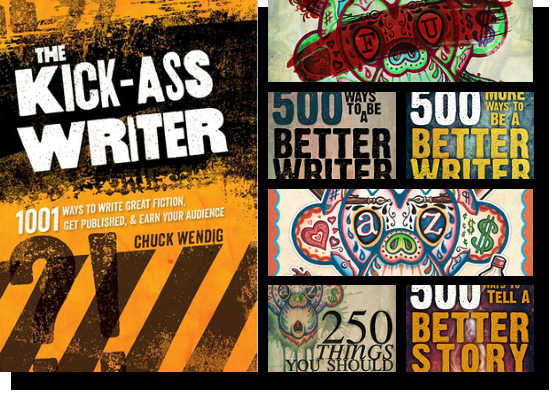‘Can you teach creative writing?’ is an age-old question. It could also be phrased as ‘Can you learn creative writing?’ This is something that writers often ask, and it is debated regularly in the press and writing forums. So if we aren’t sure that creative writing can really be taught, why are creative writing courses on the rise?
I am a seasoned creative writing course attendee. I have done screenwriting courses, master classes at the London Book Fair, and a diploma in Creative Writing at the University of Oxford. Next week I am going on a weeklong writer’s retreat run by the Arvon Foundation (which was recommended to me by a wonderful Oxford tutor and poet, Jenny Lewis).
You might be thinking, ‘well, if you’ve been to all these courses, why haven’t you been published?’ Good question, but you might want to track back a little. I have two very big problems (which I believe a lot of writers have): 1) a complete lack of faith in myself, my abilities, my ideas, anything that I create and 2) a seeming inability to actually finish anything without a deadline. Which brings me to the reason I attend so many courses: forcing me to write and to finish something once in a while!
Originally I had high hopes that doing a longer-term writing course would help me develop a good writing routine and work ethic. It didn’t last. As soon as those deadlines were taken away from me, I floundered without the structure. But there is a lot you can learn from creative writing courses. I certainly have improved with each new course I take – after all, practice makes perfect. And if nothing else, writing courses force you to practice.
What you can’t learn from a creative writing course
You cannot learn how to write… from anyone, ever. You can either write or you can’t. If you can write, you can get better. Some people might argue this point, but the general consensus is towards the negative. If you have no ability to string together a half-decent sentence, it is highly unlikely you will ever turn out to be the next great novelist of our generation.
What you can learn from a creative writing course
1) What not to do
They might not be able to teach you how to write the next Booker prizewinner, but courses are great for showing you what not to do. There are lots of easy traps beginner writers fall into; it is nothing to be ashamed of. But if no one ever points it out to you, how will you learn?! For example, don’t let your characters cry to easily, they have to earn it (thanks for that gem, Marti Leimbach).
2) How to revise and rewrite
Writing creatively is not just about the act of writing. Even if you are lucky enough to get published, once a publishing house accepts the book you will have to revise it (and hopefully you have done it before sending it in too!). Revising can be extremely difficult, and if you are anything like me, it is much harder than the initial writing. The best advice I have ever received about revising my work is to write, then leave the piece for as long as you can before rereading it for revision purposes. It is much harder to edit your work if it is fresh in your mind. Also, remember that you may have to kill your babies. You might love a particular line of dialogue – but if it doesn’t work for that character, or is out of place in that scene, you might just have to cut it. Don’t be afraid to make cuts.
3) Practical Stuff
 Writers (and other creative types) tend to be emotional beings – and not terribly practical. Even if you are lucky enough to be both creative and practical, there are things you might not know about the publishing industry that you can learn on a creative writing class. For instance, how do you pitch a book to an agent? To a publisher? How do you market your work? What are the self-publishing options? How are authors paid? What does an editor do as opposed to a copyeditor? What are the best techniques for reading your work? All these questions and more can be answered by a course – most courses (especially those of the lengthier variety) will have sections on practical publishing industry information that is invaluable to every writer wanting to get their work out there.
Writers (and other creative types) tend to be emotional beings – and not terribly practical. Even if you are lucky enough to be both creative and practical, there are things you might not know about the publishing industry that you can learn on a creative writing class. For instance, how do you pitch a book to an agent? To a publisher? How do you market your work? What are the self-publishing options? How are authors paid? What does an editor do as opposed to a copyeditor? What are the best techniques for reading your work? All these questions and more can be answered by a course – most courses (especially those of the lengthier variety) will have sections on practical publishing industry information that is invaluable to every writer wanting to get their work out there.
4) Writing exercises and battling the dreaded writer’s block
Most writing courses will arm you with a lot of tools for writing. Some of the best tools I have taken away with me are those five-minute writing exercises they tend to assign us to get our creative juices flowing at the beginning of a session. Writing exercises are brilliant tools for overcoming writer’s block. If you are stuck, staring at that blank, empty page and starting to feel like you will never, ever be a writer because you can’t even write, never fear! Writing exercises will help! Find as many as you can and assign them to yourself at the beginning of your writing sessions or keep them in your arsenal for when you get stuck. They can help flesh out a character in your own mind, approach a problem in a new way, or just get you writing.
5) Criticism: Giving and receiving feedback
One of the scariest parts of being a writer is putting your life and soul into a piece of work… only to have to share it with others. What if they don’t like it? Worse, what if they hate it? Rejection is bound to come and it is tough to take when it does arrive. But this shouldn’t frighten you away from sharing your work. When you share your work, you can learn a lot about your own strengths and weaknesses. Writing courses allow you to share your work with others who are just as afraid of rejection as you are. You can learn to accept their comments gracefully and not take everything as a personal attack. It will also teach you how to give others constructive criticism. Writers need to stick together, and if you learn to give each other great feedback, you can rely on each other for years to come.
 Pop Verse Pop Culture Universe
Pop Verse Pop Culture Universe








Great article Megan! I’ve slowly been starting to get back into writing and this was really useful – some good practical tips and tricks. Thanks for sharing 🙂
Thanks Ryn! 🙂 I’ve been terrible at keeping up with my creative writing, so hopefully next week’s intensive session will get me back in the game!
Great post – boy do all those items resonate with me! Loved Stephen King’s book, which was recommended to me at a creative writing conference by fiction writer Mary Alice Monroe. Forever changed the way I approach life as a writer!